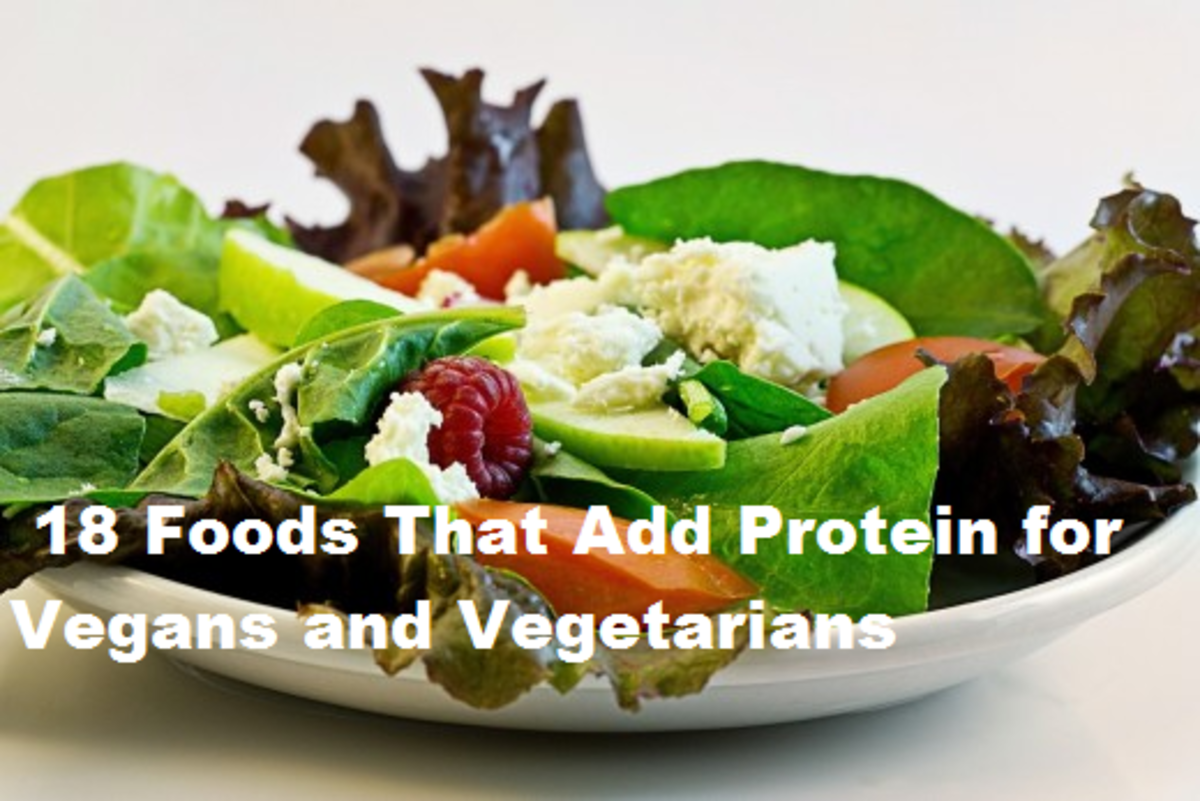Vegetarianism and Argument-Introduction
Why Did I Choose This Topic?
This article is to analyze the arguments, strategies, tactics and methods of vegetarians. I was interested in this topic because I have known some vegetarians. Many vegetarians support their beliefs with the help of PETA (People for the Ethical Treatment of Animals), an organization of vegetarians. I will be talking a lot about PETA in a another article. The focus is on ways that vegetarianism involves argumentation.

My Findings
During my research, I found most of my information to be objective on vegetarianism. There were many articles that were from the vegetarian perspective and even less in favor of eating meat. Most of the world eats meat, so eating meat is generally accepted. I believe, therefore, not too many people may feel like they must defend why they eat meat. In other words, there is a silent majority. The few sources who were pro meat just spoke their mind on their freedom to eat meat. Vegetarians are much more vocal and use strong words. Many of these articles involved PETA in some fashion. Many of the arguments contained fallacies, in my opinion.
Issues of Argumentation Involved
Vegetarianism involves many issues, including animal rights and the many ways that animals are used by humans (clothing, food, sport, for example). This is a topic with much debate. It has provided many situations of argument. Many claims and a lot of evidence is used by both sides. Status quo would include that it is not pleasant to kill animals and that if a person eats an excessive amount of meat, it can lead to health problems. The presumption that I would use is that most people do not think that eating meat is wrong. But this may be to varying degrees. There are multiple types of vegetarians.
To touch on the significance, harm, inherency, and solvency…Vegetarianism is significant because we all need to eat in order to survive. These days, many restaurants now have plant-based products or beyond meat. Eating meat involves the health of humans and the lives of the animals that are killed for food. Harm and benefit can come from eating meat and practicing vegetarianism. There are many advantages and disadvantages of both practices. If you eat meat, it can give you many of the nutrients needed to be healthy. If you are extreme in your vegetarian practices, this can affect your health and those that you influence. However, if you have a well-structured vegetarian diet, you can be healthy. The inherency, or the barrier that stands in the way of all humans practicing vegetarianism, is attitudinal and institutional. It is attitudinal because of the attitudes of those who eat meat. There are various reasons why people eat meat, which will be covered in a later article. It is institutional partially because of the meat industry. The meat industry promotes their products and it has many employees who rely on that industry for their income. The solvency would come from people deciding not to eat meat and to not support its industry by purchasing their products.
Aspects that I have found involved in the argumentation of vegetarianism are human diets and health, animal rights and their treatment, the environment, scientific research, ethics and religion.
The personal sphere of this argument involves the thoughts and practices about what people eat. The public sphere would involve what foods are made available, our environment, if any advances are made with science, and if there was any legislation in this area. The technical sphere would involve scientists who study animals, health, and the effects of using animals for food on the environment.
Obviously, the end point of the argumentation used by vegetarians is to get others to join their groups and/or become vegetarians.
What about you?
Are you a Vegetarian?
This content is accurate and true to the best of the author’s knowledge and is not meant to substitute for formal and individualized advice from a qualified professional.
© 2020 Mark Richardson








